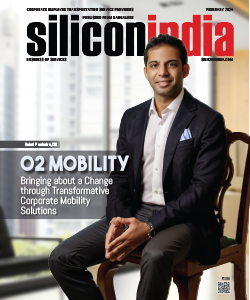India Demands For Representative And Democratic Form of Internet
BANGALORE: Vijay Kwatra, joint Secretary at Ministry of external affairs and an Indian representative at Sao Paulo meet said that the lack of representative and democratic form of internet governance including the critical internet sources has led India to raise its voice asking for better security over the cyber space.
According to the report on the economic times, the revelations of Edward Snowden’s wikileaks have led India to ask for decentralizing the Internet. As India has been a critic of the current internet governance systems, it calls out to make it more broad casted with multi stake holders.
Ahead of the Sao Paulo meet, the MEA had circulated a note which said. "The structures that manage and regulate the core internet resources need to be internationalized and made representative and democratic. The mechanism for governance of the internet should therefore be transparent and should address all related issues.The internet must be owned by the global community for mutual benefit and be rendered impervious to possible manipulation or misuse by any particular stake holder, whether state or non-state," the ministry note pointed out.
Kwatra also added that there is a need for cyber jurisprudence as it is important to ensure security on the cyberspace and regulating the safeguards to oppose the misuse and protect the internet users. On the other hand, providing access to the society also needs to prioritize.
With over 200 million internet users and 900 million mobile phone subscribers, India stands up front in the internet governance making it more likely to be in the system. India seeks the Internet governance system to be representative and democratic, than being managed by the governments, and some international organizations.
Read Also: Amazon Ups The Ante To Tap Sellers In Indian Market and 5 Social Entrepreneurs Who Try To Revamp Rural India



